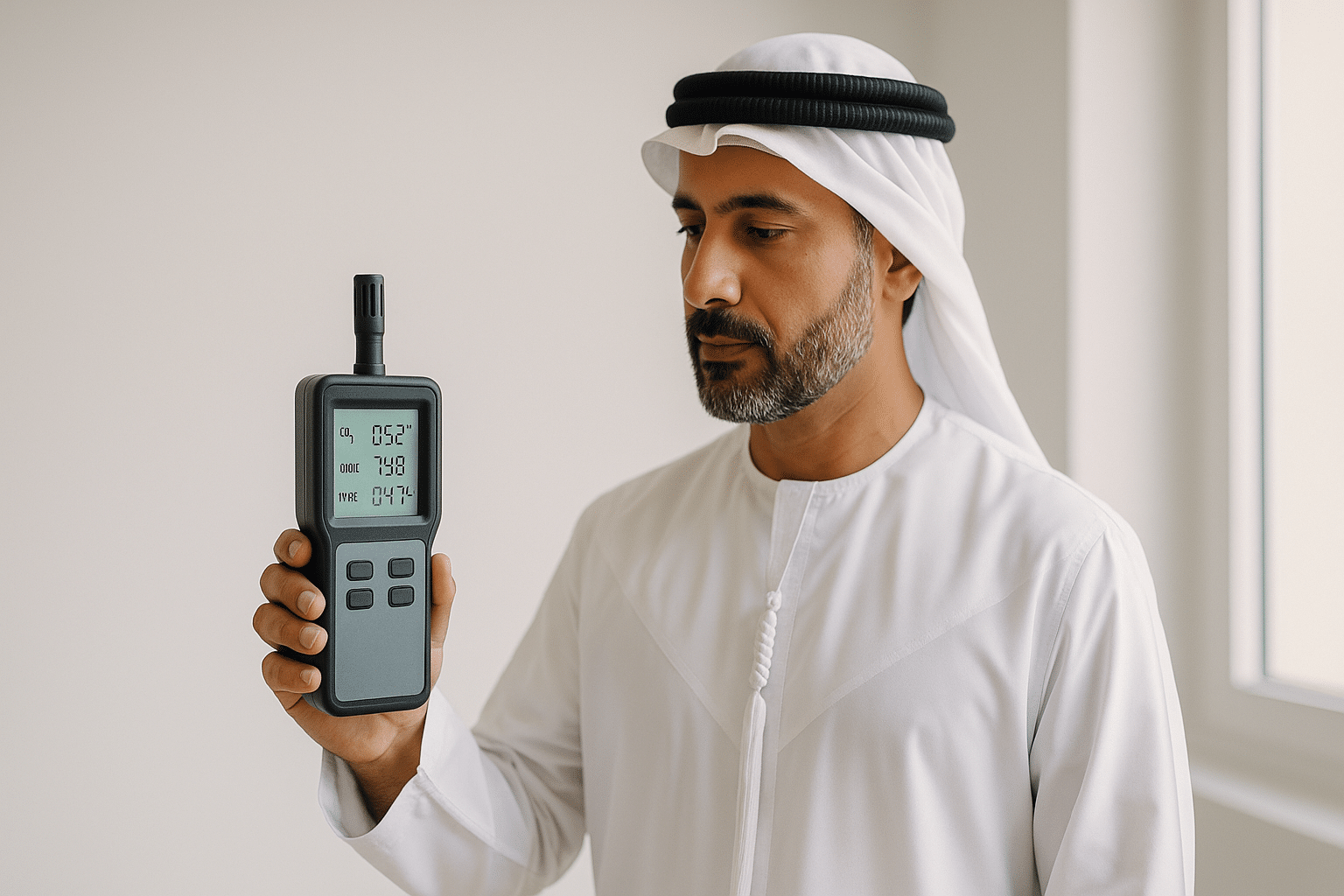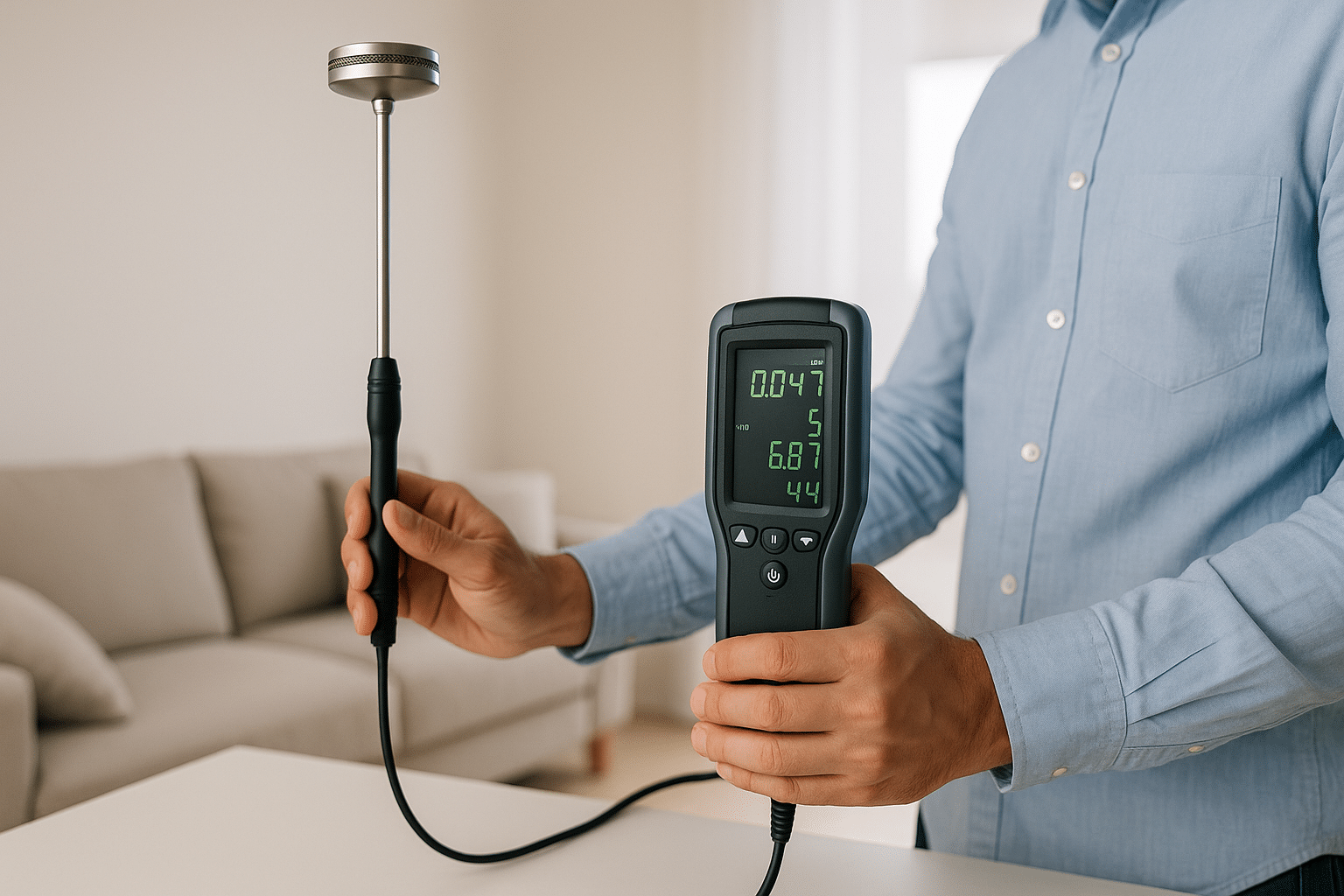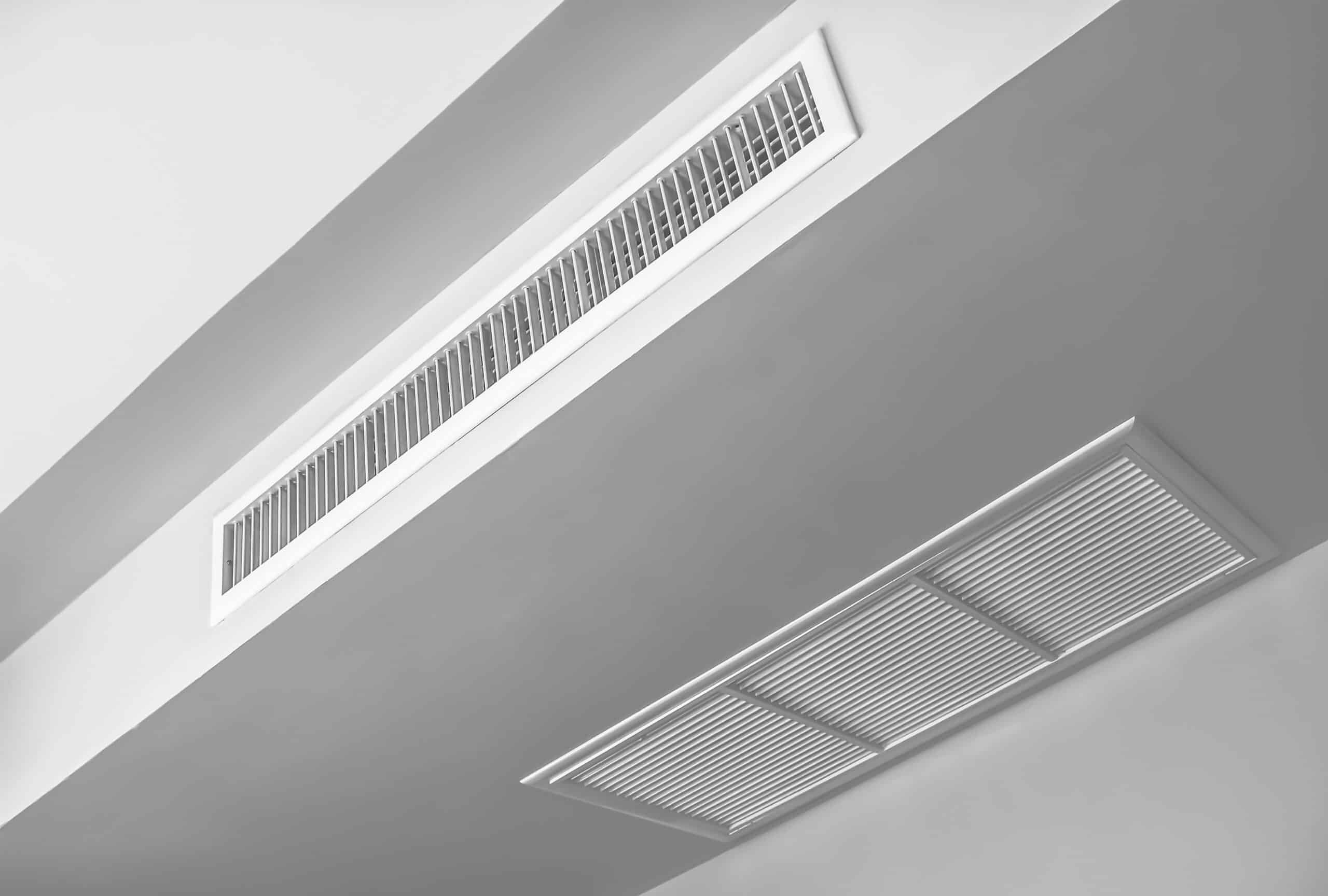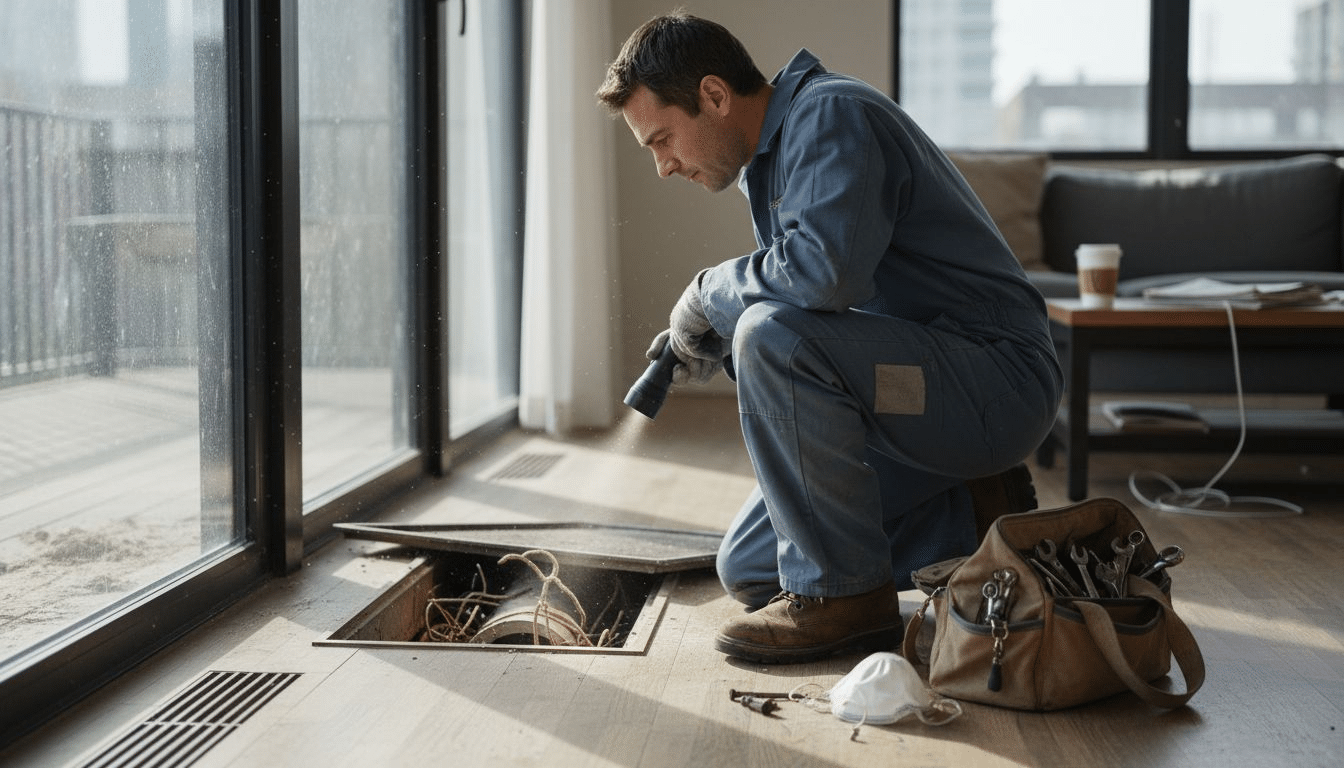
10 Effective Air Conditioner Cleaning Tips for Certified Indoor Air Quality Testing Dubai
Table of Contents
Contents
- 1 Table of Contents
- 2 Why Indoor Air Quality Testing Is Key
- 3 Understanding Certified Indoor Air Quality Testing Dubai
- 4 Regular Air Conditioner Filter Cleaning
- 5 Cleaning Evaporator and Condenser Coils
- 6 Checking and Cleaning Drain Pans
- 7 Cleaning Air Conditioner Vents and Ducts
- 8 Using Certified Indoor Air Quality Testing Dubai for Verification
- 9 Professional Maintenance and Services
- 10 Energy Efficiency and Air Quality Benefits
- 11 Conclusion and Call to Action
- 12 Why Choose Certified Indoor Air Quality Testing in Dubai?
- 13 How Certified Indoor Air Quality Testing Works in Dubai
- 14 Benefits of Certified Indoor Air Quality Testing for Dubai Residents and Businesses
- 15 Choosing the Right Certified Indoor Air Quality Testing Provider in Dubai
- 16 The Future of Certified Indoor Air Quality Testing in Dubai
Why Indoor Air Quality Testing Is Key
Certified indoor air quality testing dubai is crucial for ensuring a healthy living and working environment, especially in areas with hot climates like Dubai where air conditioners run almost year-round. Poor air quality inside buildings can lead to respiratory issues, allergies, and decreased productivity, making it imperative to maintain both clean air and HVAC systems effectively. This highlights the indispensable role of certified indoor air quality testing dubai in safeguarding public health.
Understanding Certified Indoor Air Quality Testing Dubai
The phrase certified indoor air quality testing dubai refers to the scientifically backed process of evaluating indoor environments for pollutants such as dust, mold, VOCs (volatile organic compounds), and particulate matter under standards recognized by Dubai authorities like the Dubai Municipality and Dubai Health Authority. This certification ensures that testing and results adhere to local safety and regulatory guidelines, giving building managers and residents confidence in their indoor environment’s safety.
Regular Air Conditioner Filter Cleaning
One practical step to maintain high indoor air quality involves timely and efficient cleaning of air conditioner filters. Filters trap dust and microscopic particles, and if neglected, they become clogged, restricting airflow and releasing contaminants back indoors.
- Remove filters monthly and vacuum to eliminate dust buildup.
- Wash washable filters with warm water and a mild detergent; dry them completely before reinstalling.
- Replace non-washable filters based on manufacturer guidance or whenever visibly worn out.
Doing this regularly supports the efficacy of certified indoor air quality testing dubai by minimizing pollutant sources and improving HVAC performance.
Cleaning Evaporator and Condenser Coils
Evaporator and condenser coils in air conditioners collect dirt and debris over time. Dirty coils reduce system efficiency and can foster mold growth, which adversely affects indoor air quality.
Follow these tips for effective coil cleaning in Dubai’s hot, humid climate:
- Switch off power to the unit before cleaning to ensure safety.
- Use a soft brush or specialized coil cleaner to gently remove dirt deposits.
- Rinse coils with water carefully, avoiding damage to fins or electronics.
- Schedule professional coil inspections annually to confirm no hidden buildup exists. These inspections are often a prerequisite for thorough certified indoor air quality testing dubai.
Maintaining clean coils promotes airflow and is aligned with requirements emphasized in certified indoor air quality testing dubai.
Checking and Cleaning Drain Pans
The drain pan collects condensation from the evaporator coil. Standing water here can breed mold and bacteria, impacting indoor air quality.
To keep drain pans clean:
- Inspect the pan during filter cleaning.
- Remove debris and water regularly to prevent stagnation.
- Use a mixture of water and mild detergent or vinegar to wipe the pan and remove slime or mold.
- Ensure the drain line is clear to allow condensation to exit freely without backing up.
Properly maintained drain pans are an important aspect of keeping indoor air fresh, a goal achievable through certified indoor air quality testing dubai.
Cleaning Air Conditioner Vents and Ducts
Dust and allergens accumulate in vents and ductwork over time, reducing air quality and system efficiency.
Key tips for efficient vent and duct cleaning include:
- Remove vent covers and wash them with warm soapy water.
- Use a vacuum with a brush attachment to clean inside ducts as far as accessible.
- Seal duct leaks to prevent outdoor pollutants and dust intrusion.
- Consider professional duct cleaning services every few years, especially in dusty districts like Business Bay or Dubai Marina.
Such maintenance supports the standards upheld by NADCA, whose guidelines influence local practices surrounding certified indoor air quality testing dubai.
Using Certified Indoor Air Quality Testing Dubai for Verification
After maintaining your air conditioning system, it’s essential to validate indoor air improvements through certified testing. These tests measure levels of particulates, humidity, CO2, and microbial contaminants, offering data-driven confirmation of air quality status. Such verification through certified indoor air quality testing dubai confirms the effectiveness of your cleaning efforts.
Certified indoor air quality testing dubai professionals provide accurate assessments following Dubai Health Authority protocols. This step helps identify hidden contamination and confirms cleanliness after applying effective air conditioner cleaning tips.
Professional Maintenance and Services
While DIY cleaning can address many issues, engaging certified professionals ensures HVAC systems meet Dubai’s stringent indoor air quality standards. Experts from specialists like Saniservice operate within Dubai and offer services including deep coil cleaning, duct sanitization, and certified indoor air quality testing dubai to guarantee safe indoor environments.
Regular professional servicing extends appliance lifespan, enhances efficiency, and maintains compliance with Dubai Municipality’s regulations. This proactive approach complements the findings of any subsequent certified indoor air quality testing dubai, ensuring sustained clean air.
Energy Efficiency and Air Quality Benefits
Clean air conditioners consume less energy as airflow faces fewer obstructions, reducing electricity usage—a priority aligned with Dubai’s sustainability goals enforced by Dubai Electricity & Water Authority (DEWA). Improved filtration and proper mandatory testing using certified indoor air quality dubai methods also minimize health risks and enhance occupant comfort.
Summarizing benefits:
| Benefit | Description |
|---|---|
| Reduced Energy Cost | Less strain on HVAC unit means efficient operation without overload. |
| Better Air Quality | Less dust and allergens circulating indoors. |
| Health Improvements | Lower incidence of asthma, allergies, and respiratory issues. |
| Extended HVAC Lifespan | Fewer repairs and breakdowns with scheduled maintenance and cleaning. |
Conclusion and Call to Action
Implementing these 10 effective air conditioner cleaning tips prepares your home or office for certified indoor air quality testing dubai and secures a healthier atmosphere amid Dubai’s unique environmental conditions. From regular filter upkeep to professional duct cleaning, each step plays a vital role in boosting indoor air safety and energy efficiency.
For reliable certified indoor air quality testing dubai services and expert HVAC cleaning, trust Dubai’s dedicated specialists at Saniservice. Take action now to safeguard your indoor environment and enjoy peace of mind knowing your air is clean, tested, and certified to meet Dubai’s high standards.
Why Choose Certified Indoor Air Quality Testing in Dubai?
Indoor air quality (IAQ) has become a critical health and environmental concern in Dubai, especially with the city’s rapid urban development, high population density, and climatic conditions that often encourage the use of air conditioning systems. Certified indoor air quality testing in Dubai is essential for ensuring the safety, comfort, and health of residents, workers, and visitors in both commercial and residential buildings.
The Importance of Certification in Air Quality Testing
Certification distinguishes professional testing services that comply with Dubai’s stringent standards and guidelines from non-compliant or unqualified providers. When you opt for certified indoor air quality testing dubai, you ensure that the testing process adheres to protocols established by key local regulatory bodies such as Dubai Municipality, Dubai Health Authority (DHA), and the Emirates Authority for Standardization and Metrology (ESMA).
Certified testing companies employ trained and accredited technicians who use calibrated equipment to accurately detect and quantify airborne contaminants. This level of quality assurance helps identify invisible pollutants like volatile organic compounds (VOCs), particulate matter (PM2.5 and PM10), carbon monoxide (CO), carbon dioxide (CO2), formaldehyde, mold spores, and allergens, which can severely affect the respiratory health of building occupants.
Critical Pollutants Monitored in Dubai’s Indoor Environments
Dubai’s unique environmental conditions and urban infrastructure create specific challenges for indoor air quality. Certified testing focuses on detecting a range of pollutants typically encountered in Dubai’s residential, commercial, and industrial spaces, such as:
- Particulate Matter (PM2.5 and PM10): Dust and fine particles often result from desert dust intrusion, construction activities, and vehicular emissions accumulating inside buildings.
- Volatile Organic Compounds (VOCs): Emitted from building materials, cleaning agents, furniture, and office equipment, VOCs like benzene and formaldehyde contribute to irritation and long-term health risks.
- Carbon Monoxide (CO) and Carbon Dioxide (CO2): Often products of combustion and poor ventilation, elevated levels indicate inadequate airflow and possible leakages, posing serious health hazards.
- Mold and Biological Contaminants: Humidity control issues in certain Dubai microclimates can foster mold growth, which adversely affects those with allergies or asthma.
- Asbestos and Lead: While less common today, older buildings may still harbor these materials that require specialist testing for compliance and remediation.
Certified indoor air quality testing dubai applies comprehensive sampling and analysis methodologies to identify and quantify these pollutants, enabling targeted remediation strategies.
How Certified Indoor Air Quality Testing Works in Dubai
Certified testing involves a systematic approach optimized for Dubai’s urban environments. This is essential given the mix of modern high-rises, commercial hubs such as Business Bay and Dubai Marina, and older neighborhood developments around areas like Al Quoz and Deira. The process typically includes:
1. Initial Site Assessment and Planning
Certified testing providers conduct an initial walkthrough to identify possible sources of pollutants, airflow patterns, occupancy density, and any signs of moisture or visible contaminants. This step is critical in Dubai, where building designs may vary widely—from fully sealed office towers downtown to more open villas in Nad Al Sheba.
Testing plans are customized based on these observations, ensuring that sampling locations and methods comprehensively represent the indoor environment.
2. Air Sampling and Monitoring
The certified team deploys state-of-the-art instruments such as:
– Real-time particle counters to measure PM2.5 and PM10 levels
– Gas detectors for VOCs, CO, and CO2 concentrations
– Mold spore traps to analyze biological contaminants
– Formaldehyde detection sensors and other chemical analyzers
These devices capture data over carefully selected periods, accounting for typical occupancy and HVAC system cycles relevant to Dubai’s climate and operational schedules.
3. Data Analysis and Reporting
Collected samples are either analyzed on-site using portable equipment or sent to accredited Dubai laboratories for detailed chemical and microbiological testing. Results are benchmarked against local limits defined by Dubai Municipality regulations and guidelines set forth by DHA and ESMA.
A certified indoor air quality testing dubai report includes:
– Detailed pollutant concentrations
– Comparison with permissible exposure limits
– Identification of pollutant sources
– Recommendations for ventilation improvement, filtration upgrades, or contamination removal
– Guidance aligned with UAE Fire & Life Safety Code and environmental health standards
This comprehensive document supports building managers in making informed decisions to enhance indoor air safety and maintain compliance for tenant health and regulatory approval.
Benefits of Certified Indoor Air Quality Testing for Dubai Residents and Businesses
Engaging certified indoor air quality testing dubai services delivers multiple advantages specifically tailored to Dubai’s living and working conditions:
- Health and Wellbeing: Reduced risk of respiratory illnesses, allergies, and other health problems caused by poor air quality.
- Regulatory Compliance: Helps meet Dubai Municipality and DHA directives, crucial for businesses requiring licenses and operational permits.
- Energy Efficiency: Identifying ventilation deficiencies allows smarter HVAC management, reducing energy consumption in Dubai’s hot climate.
- Property Value Enhancement: Certified IAQ improvements increase occupant confidence and contribute to better marketability of commercial and residential properties.
- Risk Mitigation: Early detection of toxic contaminants such as formaldehyde or asbestos helps prevent costly remediation and liability issues.
Why Certification Matters Over Non-Certified Testing
While many companies offer basic indoor air testing, certification from relevant Dubai authorities ensures the use of approved methods and valid results. This distinction is non-negotiable in official processes like leasing agreements, health and safety audits, and environmental impact assessments within Dubai Marina towers, Business Bay office complexes, or residential communities such as Arabian Ranches.
Moreover, certified providers are subject to regular audits and must maintain technical competence, guaranteeing reliability and credibility for clients. They also stay informed on the latest regulatory updates, emerging pollutants, and advanced testing technologies tailored to Dubai’s dynamic urban environment.
Choosing the Right Certified Indoor Air Quality Testing Provider in Dubai
Selecting a certified provider for indoor air quality testing in Dubai requires careful consideration to ensure comprehensive and reliable results. Key factors include:
- Accreditation and Licensing: Verify that the company is accredited by Dubai Municipality and approved by relevant authorities such as DHA and ESMA.
- Experience in Dubai’s Environment: Providers familiar with Dubai’s climate, building styles, and local regulations offer more accurate assessments and effective recommendations.
- Advanced Equipment and Technology: Ensure up-to-date, calibrated instrumentation is used for precision testing.
- Complete Reporting and Consultancy: Look for providers who deliver detailed reports aligned with Dubai’s legal and health frameworks, including improvement strategies and re-testing options.
- Local Customer Service and Support: Access to rapid response teams and ongoing maintenance support in Dubai neighborhoods enhances long-term IAQ management.
By focusing on these criteria, buildings in Dubai can confidently address indoor air quality challenges for safer and more sustainable environments.
The Future of Certified Indoor Air Quality Testing in Dubai
As Dubai continues to grow as a global hub for tourism, commerce, and real estate development, the demand for certified indoor air quality testing will expand. Government initiatives led by Dubai Municipality increasingly integrate sustainability and public health priorities, mandating stricter air quality standards in building codes and outlay plans.
Innovations such as real-time monitoring sensors, IoT-enabled ventilation control, and AI-powered data analysis are being incorporated to raise IAQ benchmarks in smart city projects like Downtown Dubai and Dubai Silicon Oasis.
Investing in certified indoor air quality testing dubai not only meets current regulatory requirements but prepares buildings for future challenges related to environmental health resilience and occupant wellbeing in one of the world’s most vibrant urban centers.






Leave a Reply